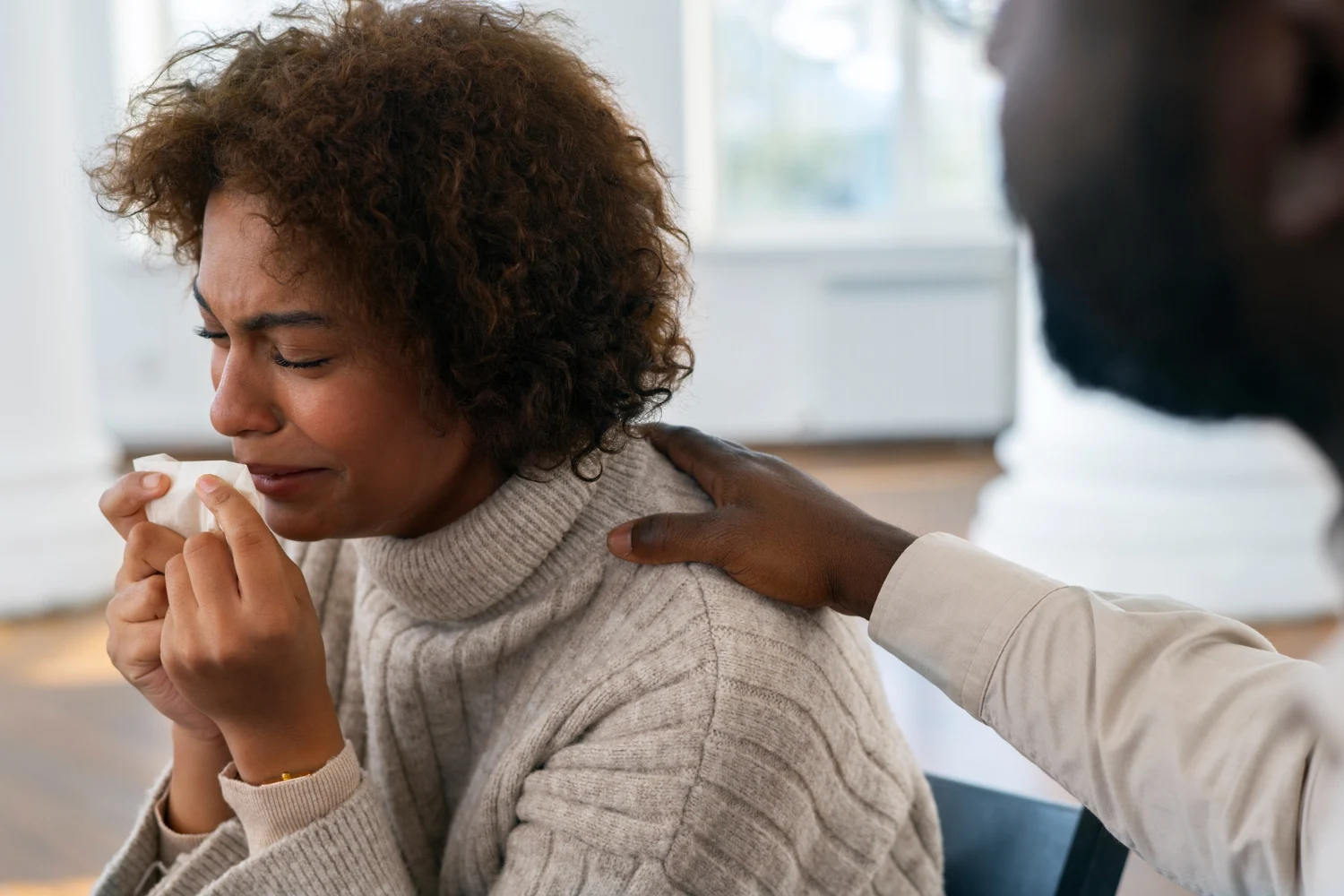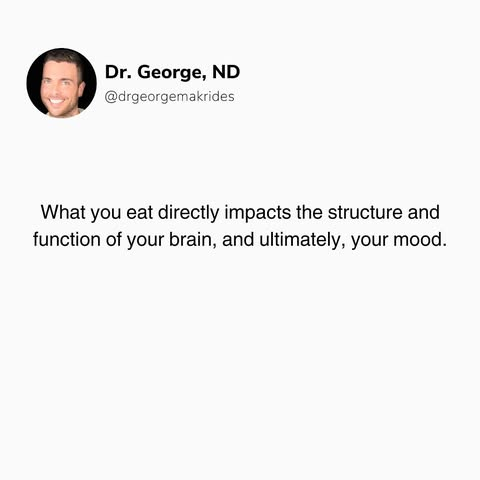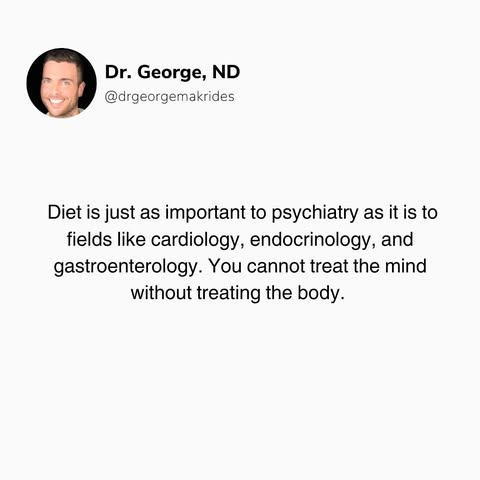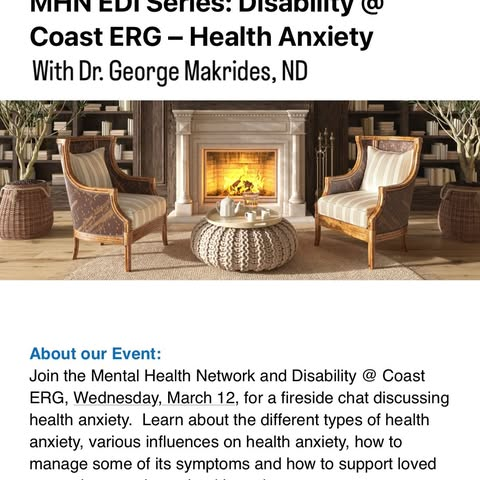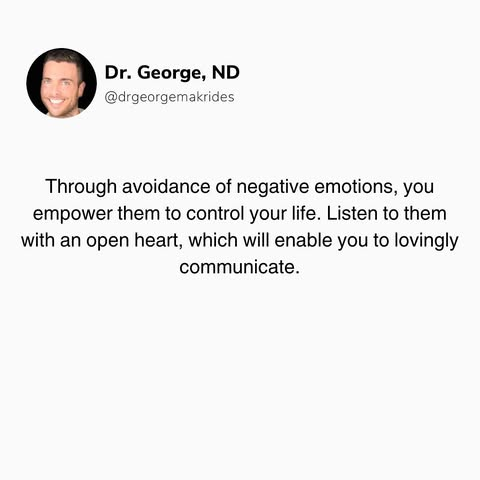Anxiety disorders are the most prevalent group of mental health conditions and typically begin in late childhood or early adulthood. The key characteristics include persistent excessive fear and anxiety, or the avoidance of perceived threats, which interfere with daily functioning. These disorders are associated with dysfunction in brain circuits that process danger. The risk of developing an anxiety disorder is influenced by genetic, environmental, and epigenetic factors. Anxiety disorders often co-occur with other mental health issues, especially depression, and with physical health conditions. To reduce the significant impact of anxiety disorders both at an individual and global level, early detection and appropriate treatment are essential, along with escalating treatments as needed. Managing anxiety often involves a combination of strategies such as therapy, relaxation techniques, lifestyle changes, supplements, and sometimes medication. Addressing anxiety early can help individuals regain a sense of control and improve their overall well-being.
Signs and Symptoms of Anxiety
-
Feeling nervous, restless or tense
-
Difficulty controlling the worrying
-
Irritability
-
Having an increased heart rate
-
Breathing rapidly (hyperventilation)
-
Sweating and trembling
-
Feeling weak or tired
-
Sleeping difficulties
-
Stomach problems
-
Having a sense of impending danger, panic or doom
-
Trouble concentrating or thinking about anything other than the present worry
-
Having the urge to avoid things that trigger anxiety
-
Health related anxiety (avoiding doctors, constant re-assurance from medical professionals)



